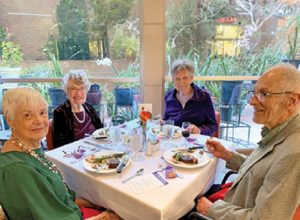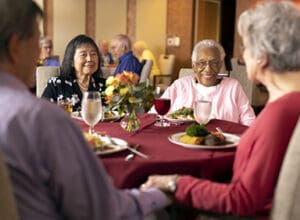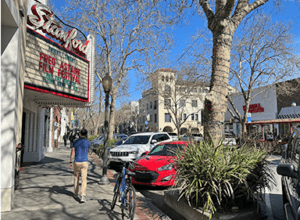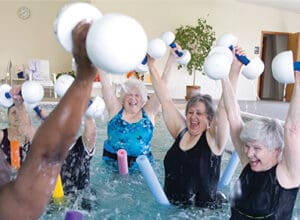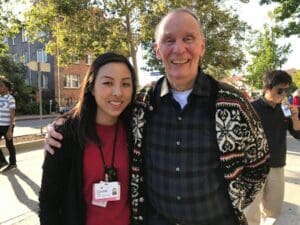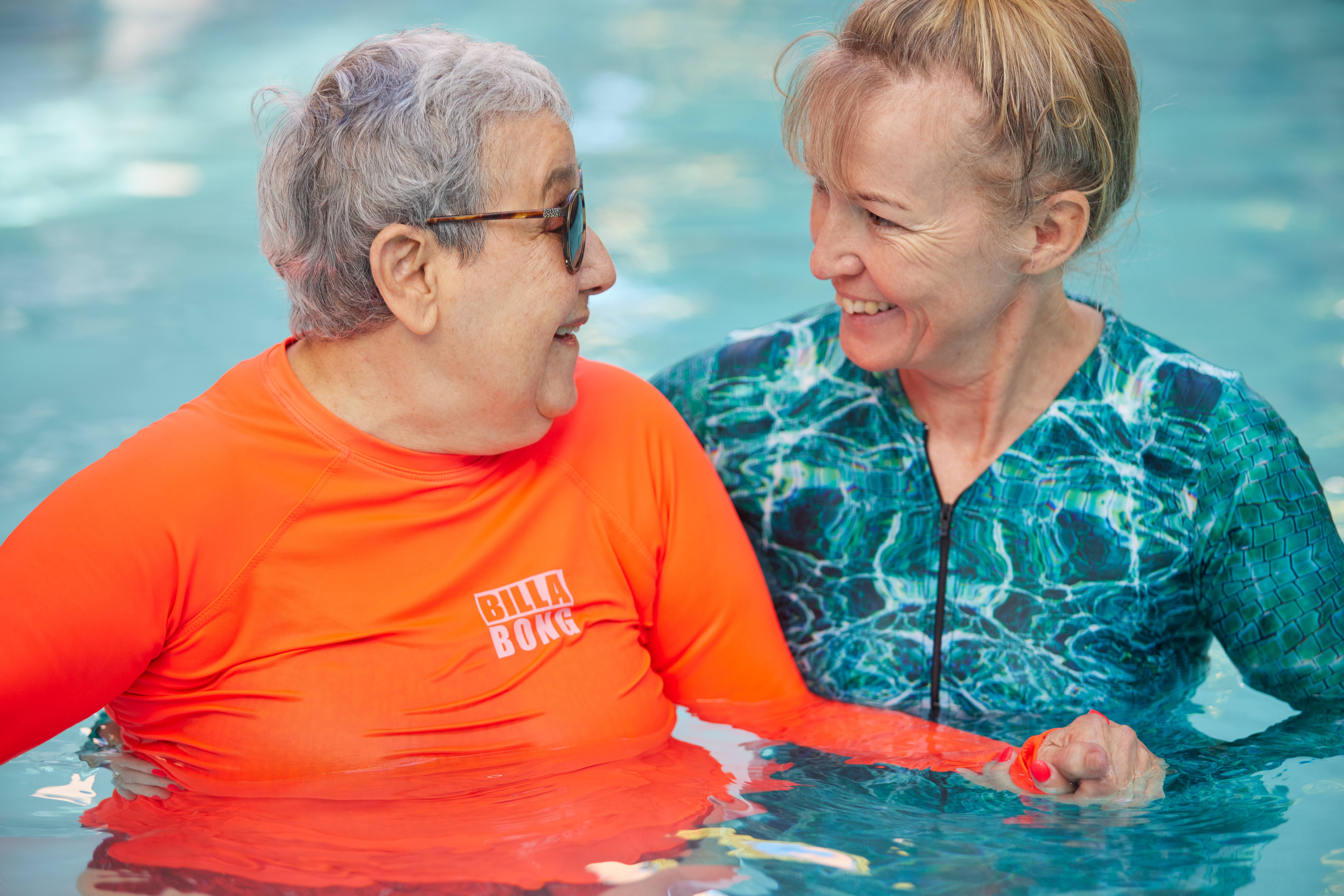
What is Age-Related Anxiety?
As we age, it’s common to experience increased worry, fear and apprehension about various aspects of life. This phenomenon, known as age-related anxiety, is a prevalent concern among seniors. Age-related anxiety encompasses a range of emotional and physical responses that can arise due to the unique challenges and changes associated with the aging process.
Age-related anxiety can manifest in various ways, from concerns about physical health and cognitive decline to worries about financial security, social isolation and the loss of independence. For seniors living in Palo Alto, resources like independent living communities and assisted living communities can address these challenges with tailored support.
Common Symptoms of Age-Related Anxiety
- Feeling worry and fear about various aspects of life
- Difficulty sleeping or restless sleep
- Irritability and mood swings
- Avoidance of social situations or activities
- Difficulty concentrating or making decisions
- Feelings of helplessness or a lack of control
- Increased sensitivity to changes or unexpected events
Causes of Age-Related Anxiety
- Physical health changes: As we age, our bodies undergo various changes, such as declining physical function, chronic health conditions and the onset of age-related diseases. These physical changes can be a significant source of anxiety for seniors.
- Cognitive changes: Cognitive decline, including memory loss, difficulty with problem-solving and changes in cognitive processing, can be a significant concern for many older adults, leading to feelings of uncertainty and anxiety.
- Lifestyle changes: The transition to retirement, changes in living arrangements and the need to adapt to new routines can be challenging and contribute to age-related anxiety.
Is Age-Related Anxiety a Normal Part of Aging?
While it’s common for older adults to experience increased levels of anxiety, it’s important to distinguish between everyday age-related concerns and more severe clinical anxiety disorders. Mild age-related anxiety, characterized by occasional worries or fears, can be considered a natural part of the aging process. However, when anxiety becomes persistent, interferes with daily functioning, or significantly impacts an individual’s quality of life, it may be indicative of a more severe condition that requires professional intervention.
It’s essential to recognize that age-related anxiety is not an inevitable aspect of aging. With the proper support and strategies, many seniors can effectively manage their anxiety and maintain a high quality of life.
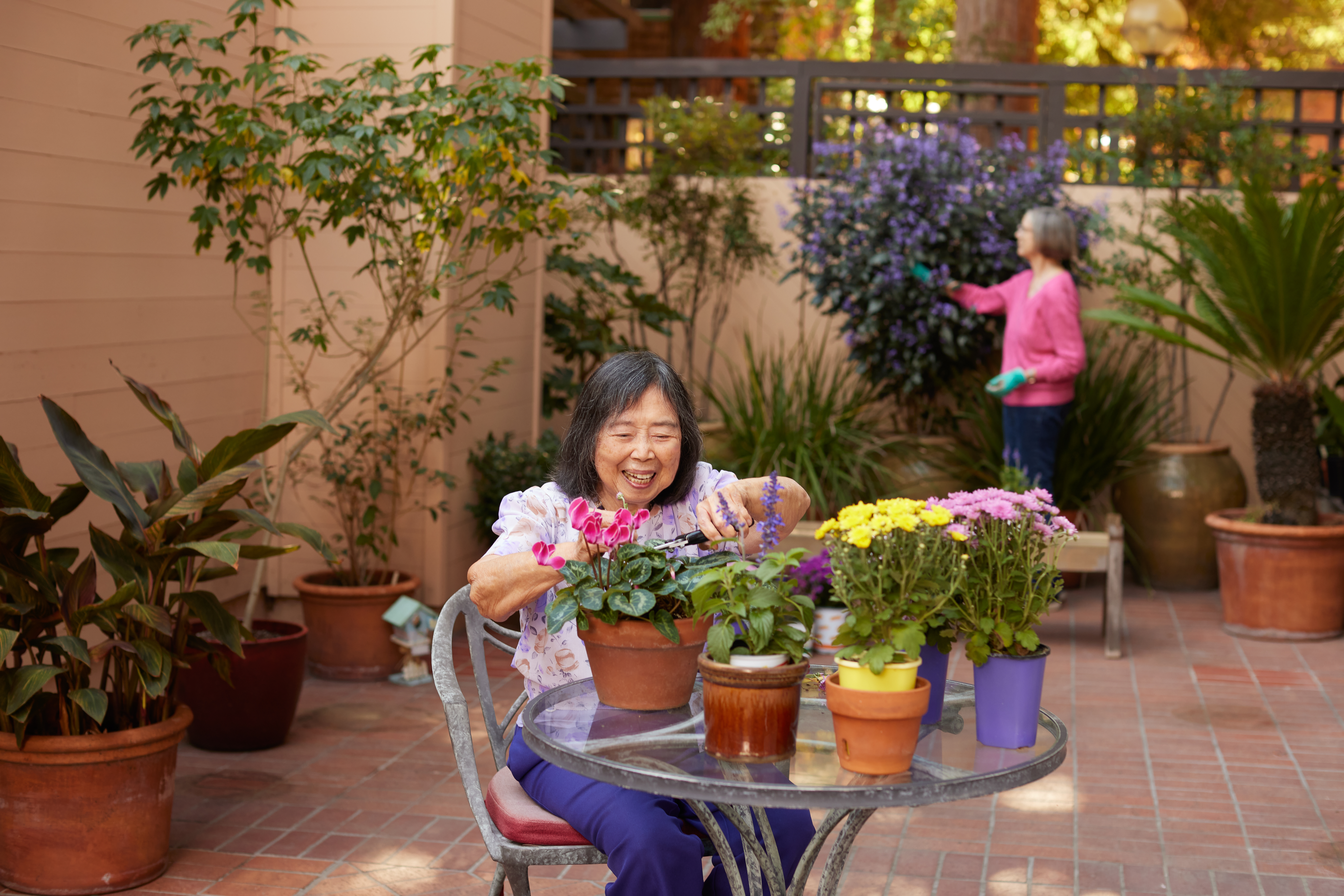
The Impact of Age-Related Anxiety on Seniors’ Quality of Life
- Reduced social engagement: Anxiety can lead to withdrawal from social activities, further exacerbating feelings of isolation and loneliness.
- Decreased physical activity: Anxiety can make it challenging for seniors to exercise while maintaining an active lifestyle.
- Impaired cognitive function: Chronic anxiety can contribute to cognitive decline, making it more challenging to perform daily tasks and maintain independence.
- Increased risk of physical health problems: Anxiety can have physical manifestations, such as elevated blood pressure, weakened immune system and gastrointestinal issues, which can lead to additional health concerns.
- Diminished emotional well-being: Persistent anxiety can take a significant toll on an individual’s emotional state, leading to feelings of depression, low self-esteem and a decreased sense of overall life satisfaction.
Tips for Managing Age-Related Anxiety
Fortunately, several strategies can help seniors manage age-related anxiety and improve their overall well-being:
- Practice relaxation techniques: Meditation can reduce stress and anxiety for older adults.
- Maintain a healthy lifestyle: Ensuring a balanced diet, getting enough sleep and limiting the use of alcohol and caffeine can all contribute to better emotional well-being.
- Seek social connections: Participating in social activities, support groups, or community events can reduce seniors’ feelings of loneliness.
- Medication management: In some cases, a healthcare provider may recommend the use of anti-anxiety medications or antidepressants to help manage age-related anxiety.
- Embrace new hobbies and activities: Exploring new interests and engaging in stimulating activities can help seniors maintain a sense of purpose and reduce anxiety.
The Role of Assisted Living in Managing Age-Related Anxiety
For seniors who are struggling with age-related anxiety, assisted living communities can play an essential role in providing the support and resources needed to manage this condition effectively. Assisted living in Palo Alto, CA, for example, offers amenities and services that can help seniors address their anxiety-related concerns.
Is age-related anxiety affecting you or a loved one? Discover the peace of mind that assisted living can provide. The Webster House senior living community in Palo Alto, CA, offers comprehensive care and support tailored to address the unique challenges of aging. Our dedicated team is committed to helping you or your loved one navigate this journey confidently and easily. Contact us today at (650) 327-4333 to learn how assisted living can make a positive difference in your life.
Overcoming Age-Related Anxiety
Age-related anxiety is a common concern among seniors both in independent living and in assisted living, but it is not an unavoidable aspect of the aging process. By understanding this condition’s causes, symptoms and impact and the strategies and resources available for managing it, seniors can take proactive steps to maintain their emotional well-being and quality of life.
Assisted living communities in Palo Alto, CA, play a crucial role in supporting seniors with age-related anxiety. They offer comprehensive healthcare services, social engagement opportunities and personalized care plans. By embracing the support and resources available in these communities, seniors can learn to manage their anxiety effectively and continue to thrive in their golden years.

